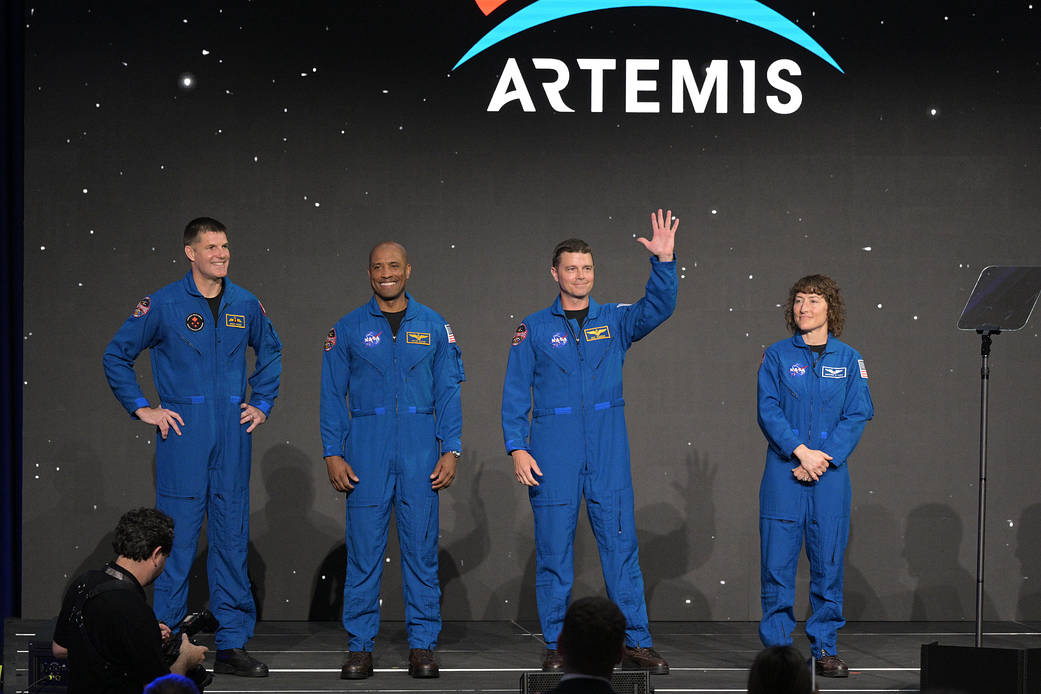“If at first an idea is not absurd,” Albert Einstein said, “then there is no hope for it.”
While the best inventors of the modern era include: Kia Silverbrook: 3,847 patents; Shunpei Yamazaki 2,061 patents; and Thomas Edison 1,084 patents, large companies like General Electric are the big players with 20,000 patents in just the last decade. GE’s 40,000 engineers and scientists around the world have developed many of the game-changing core technologies that help run the world. All told, there are likely hundreds of thousands and perhaps millions, of patents lying dormant, but at what cost?
As IndustryTap reported in “Nuclear Waste Can Power the World for 72 Years“, young MIT engineers seeking to find a solution for the world’s 270,000 metric tons of nuclear waste developed WAMSR or Waste Annihilating Molten Salt Reactor, based on a design that had laid on a shelf unused since the 1950s. The intriguing question is: how many world changing inventions are on shelves waiting to be rediscovered?
Crowdsourcing Changing Pace of Product Invention, Development & Adoption
IndustryTap has written about CAPTCHAs, developed by a team at Carnegie Mellon University, which is helping to accurately publish 2 million books a year to the Internet. The team is now using the same crowdsourcing technique to translate the entire English internet to Spanish in a few short years. We have also written about how the US Defense Department’s DARPA program has used crowdsourcing to improve design for the drivetrain of an amphibious tank. Finally, we wrote about how the “Gameification” market, an industry with significant synchronicities with the crowdsourcing model, is set to reach $2.8 billion by 2016.
Crowdsourcing Taking Off
The Internet is awash in hundreds, if not thousands, of crowdsourcing & crowdfunding websites: Design Crowd for designers, Indiegogo, RocketHub and Kickstarter for raising money and GoFundMe for everything else. While modern day crowdfunding and crowdsourcing are less than a decade old, the concept has roots at least as far back as “Praenumeration,” a subscription business model used in the 17th century to finance book printing.
If we think of the entire internet and the more than 2 billion people who use it as a kind of “Global Mind” where ideas and people can be brought together to solve problems, it is not a surprise crowdsourcing is gaining traction as a new way of doing business.
General Electric Outsourcing Inventions Via Startup Quirky.com
Quirky.com is a New Your City start up that facilitates collaboration between patent holders and crowds. Quirky is made up of a community of inventors who will use patents as the basis for thinking up new products. The Quirky platform allows people to submit inventions and those with the most promise receive help in bringing the idea to market.
Quirky maintains rights to the products and the inventions but provides royalties to Quirky members who have given significant input on successful products. As with most of the crowdfunding and crowdsourcing platforms and the entire Internet for that matter, it is not clear yet what financial models and arrangements will be fair and promote innovation; for that will have to wait and see.






